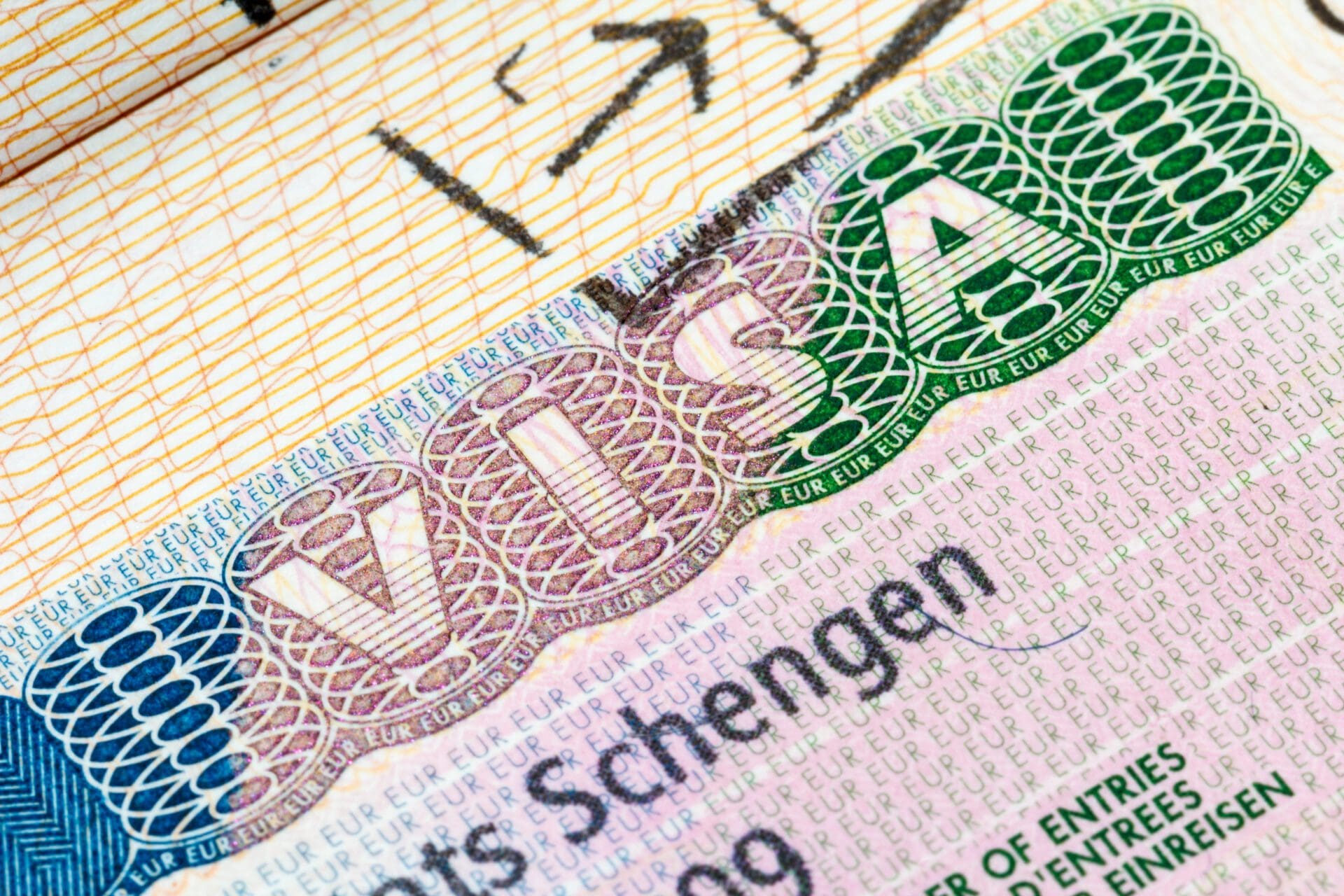A couple of days ago, Romania and Bulgaria’s application to the Schengen Area was blocked by Austria and the Netherlands respectively. Although both Romania and Bulgarian have been pursuing admission to Schengen for the past 11 years, their applications were turned down partially due to concerns about corruption, rule of law issues and the presence of organized crime. Croatia’s application to the area, on the other hand, was supported by all member states. The Schengen Area currently comprises 26 countries (including 22 EU member states) and allows for the close to 420 million citizens of these countries to move freely within the bloc without a passport or the need to pass through border checks.
Hungary has been a strong advocate for Romanian accession for years. Austrian Federal Chancellor Karl Nehammer’s remarks that the EU’s external borders would not be sufficiently well protected in case Romania joined the Schengen Area were rejected not only by Romania, but Hungary as well. Echoing Bucharest’s position, Hungarian Minister of Foreign Affairs and Trade Péter Szijjártó also expressed disappointment with the decision and said that Romania effectively protects its boarders of the EU and has done a lot stop illegal migration, as opposed to Austria.
While it is true that illegal migration in the EU has increased over the past months, very few arrived at the Schengen border through Romania. According to the EU’s border agency Frontex, this year 128,000 irregular entries were detected from the West Balkans to the EU (which is a 77 per cent increase compared with 2021). The leading countries of origin of the illegal immigrants are India, Tunisia, Afghanistan, Pakistan and Syria. Most of them fly to Serbia and attempt to enter to the EU from there.
Protesting the Austrian veto, Bucharest stressed that the Austrian government’s claim that illegal immigrants use primarily Romania as a transit country is unfounded. According to the Romanian government, Vienna opposed Romania’s accession to the Schengen Area in order to appeal to its anti-immigrant voter base.
Austria’s veto has led to considerable disappointment in the Eastern European country, leading to serious diplomatic tension.
The Romanian Ministry of Foreign Affairs recalled its ambassador to Austria, after issuing the following statement: ‘According to diplomatic customs, the Romanian side’s decision is a political gesture that underlines Romania’s position of firm disagreement with Austria’s conduct and indicates the decision to reduce the current level of relations with this state.’ The Romanian MFA also summoned the Austrian ambassador to demand an explanation for the veto. Romanians protesting against Austria’s decision vowed to boycott Austrian goods and services offered in Romania. Some Romanians have even cut up their bank cards issued by Austrian Erste Bank according to videos uploaded to the internet.
Hungary supported Romania’s bid to join the Schengen Area not only to ease the movement of Hungarian nationals from and to Romania, which is home to a large Hungarian ethnic minority, but also because Budapest has been a vocal opponent of the creation of a ‘multi-speed’ European Union. The concept of a multi-speed (or two-speed) European Union refers to some member states pursuing closer integration than others. The sad reality is, however, that the EU is already multi-speed—only 22 of 27 EU member states are part of the Schengen Area. The countries within the EU are at different stages of integration and development, and there is a tangible geographical line that separates the generally more affluent old member states from the less prosperous new members states.
The refusal to allow Romania into the Schengen Area is just one clear example of the East–West divide within the EU.
As demonstrated by the protests of ordinary people in Romania against the decision, maintaining such a divide within the EU strengthens the feeling of people living in the eastern part of the Union that they are second-class citizens. The Austrian veto has not just nullified the achievements of the 11-year efforts by Romania to improve its institutions to join the Schengen Area, but has also deprived one of the poorest countries in the EU from the significant economic benefits of being part of the area—Romania loses an estimated 10 billion EUR annually as a result of being excluded from Schengen.








